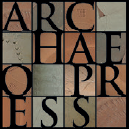
Publishing Scholarly Archaeology since 1997

Download Sample PDF
H 276 x W 203 mm
396 pages
Published Apr 2023
Archaeopress Access Archaeology
ISBN
Paperback: 9781803274201
Digital: 9781803274218
Keywords
Luxury; Ancient Rome; Epigraphy; International trade; Sumptuary laws; Marbles; Mosaics; Domus
Related titles
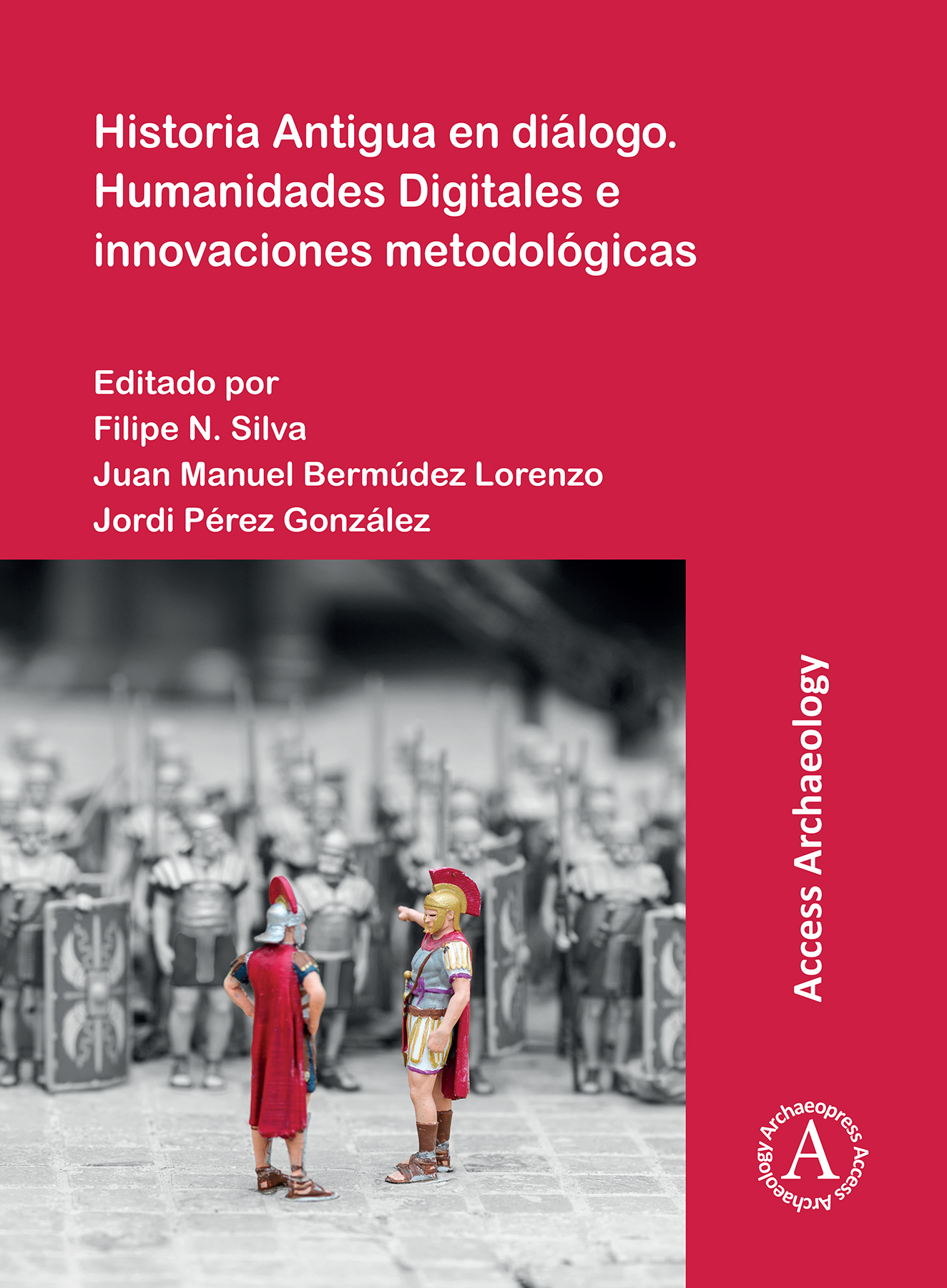
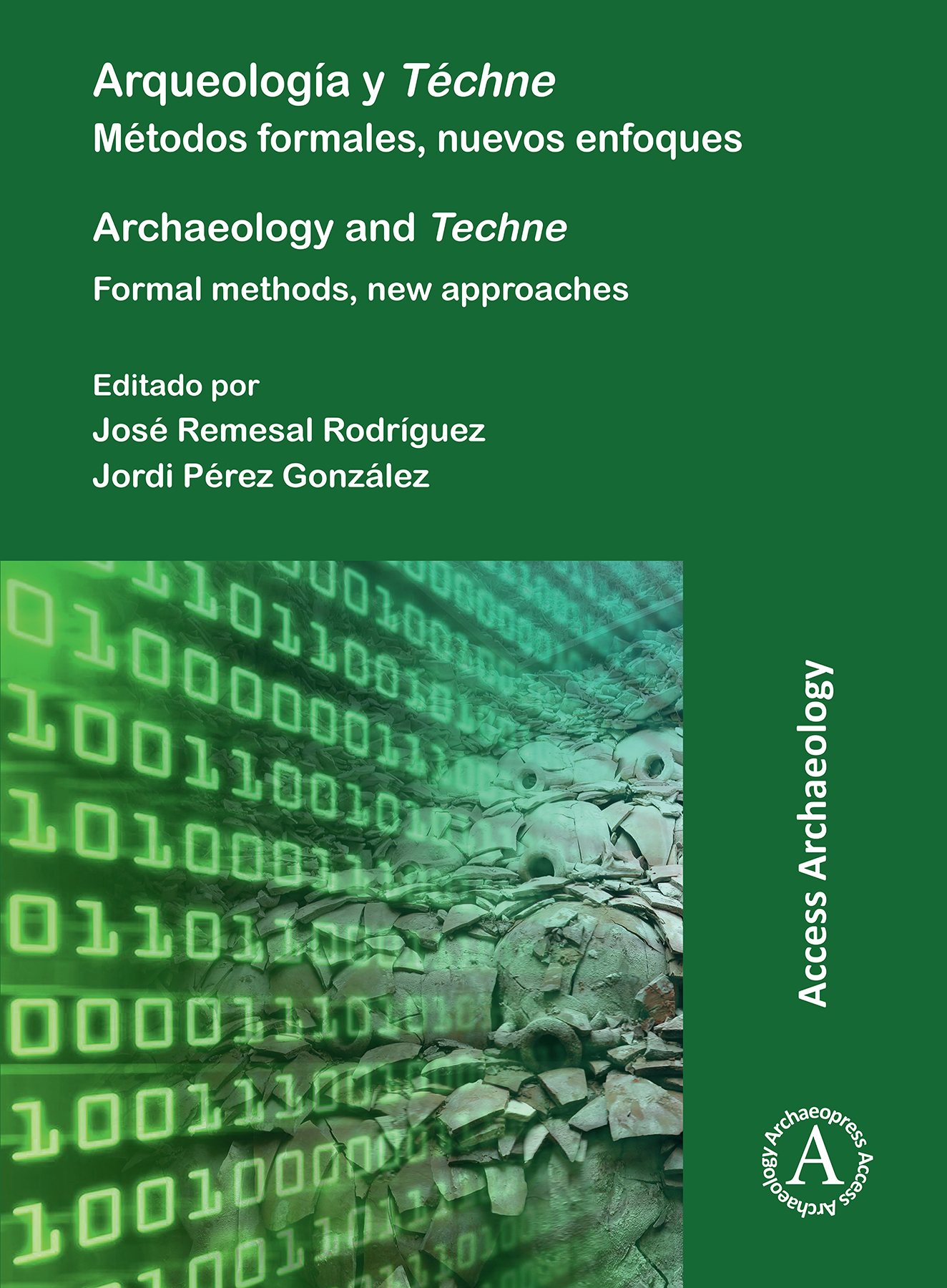
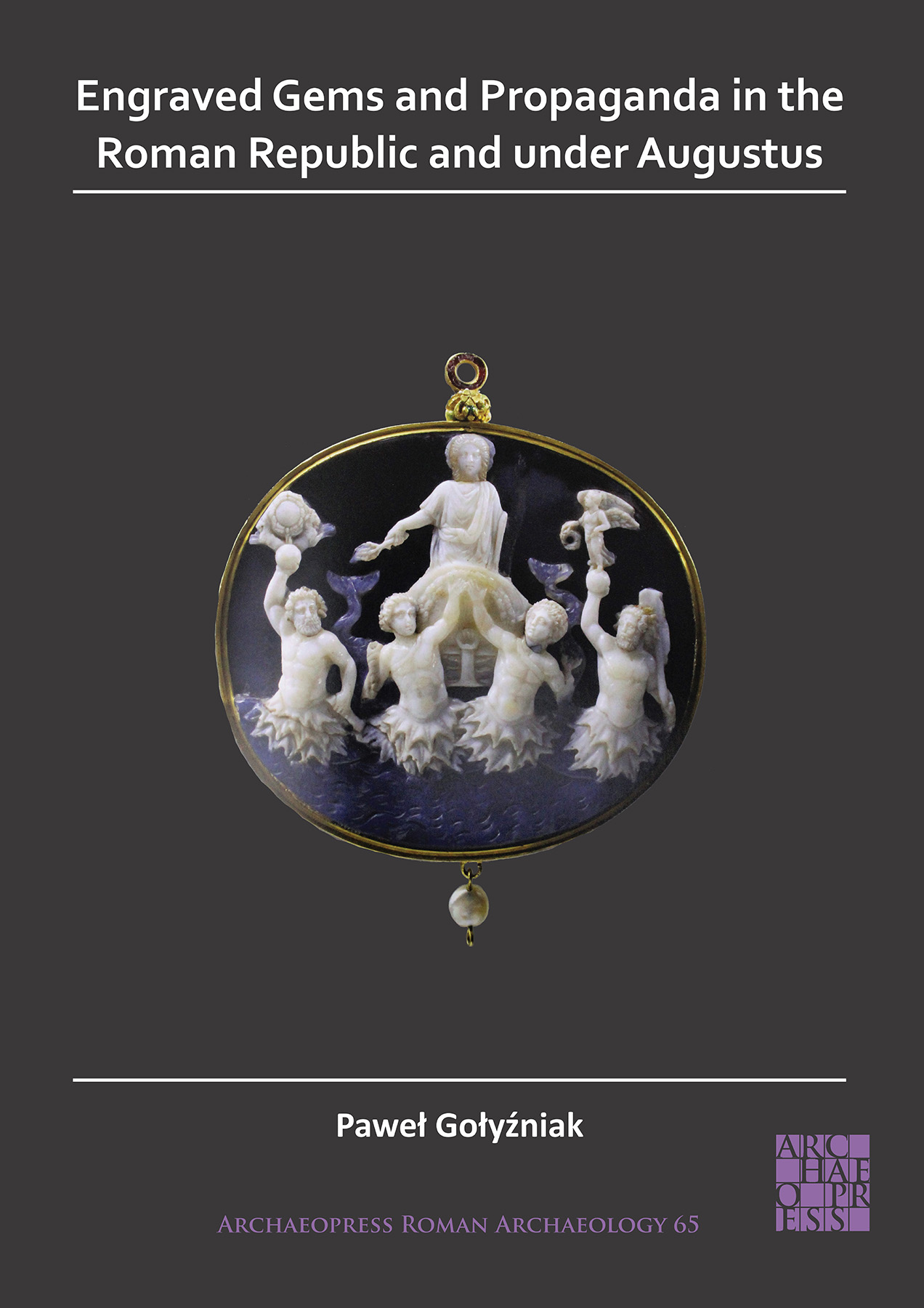
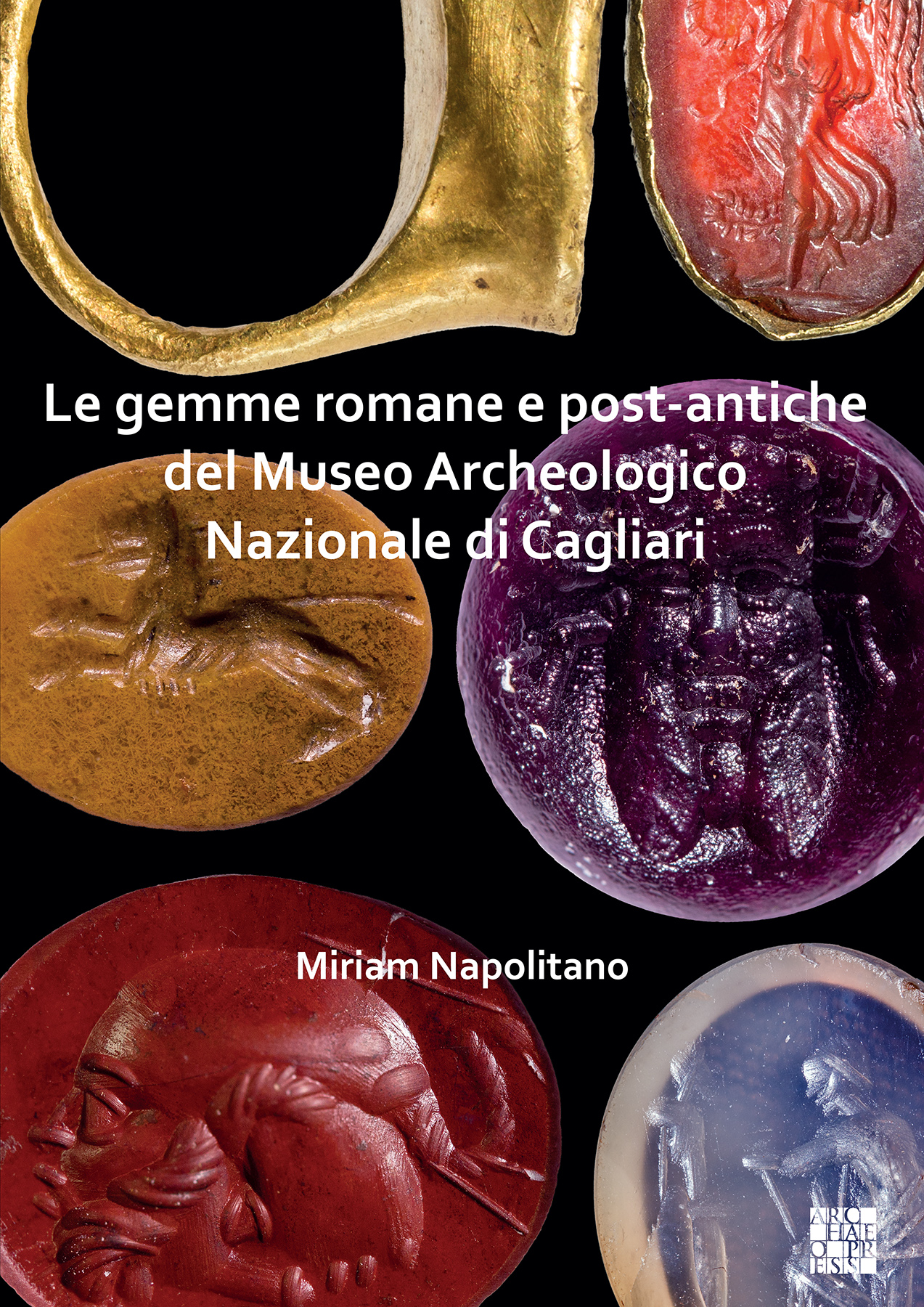
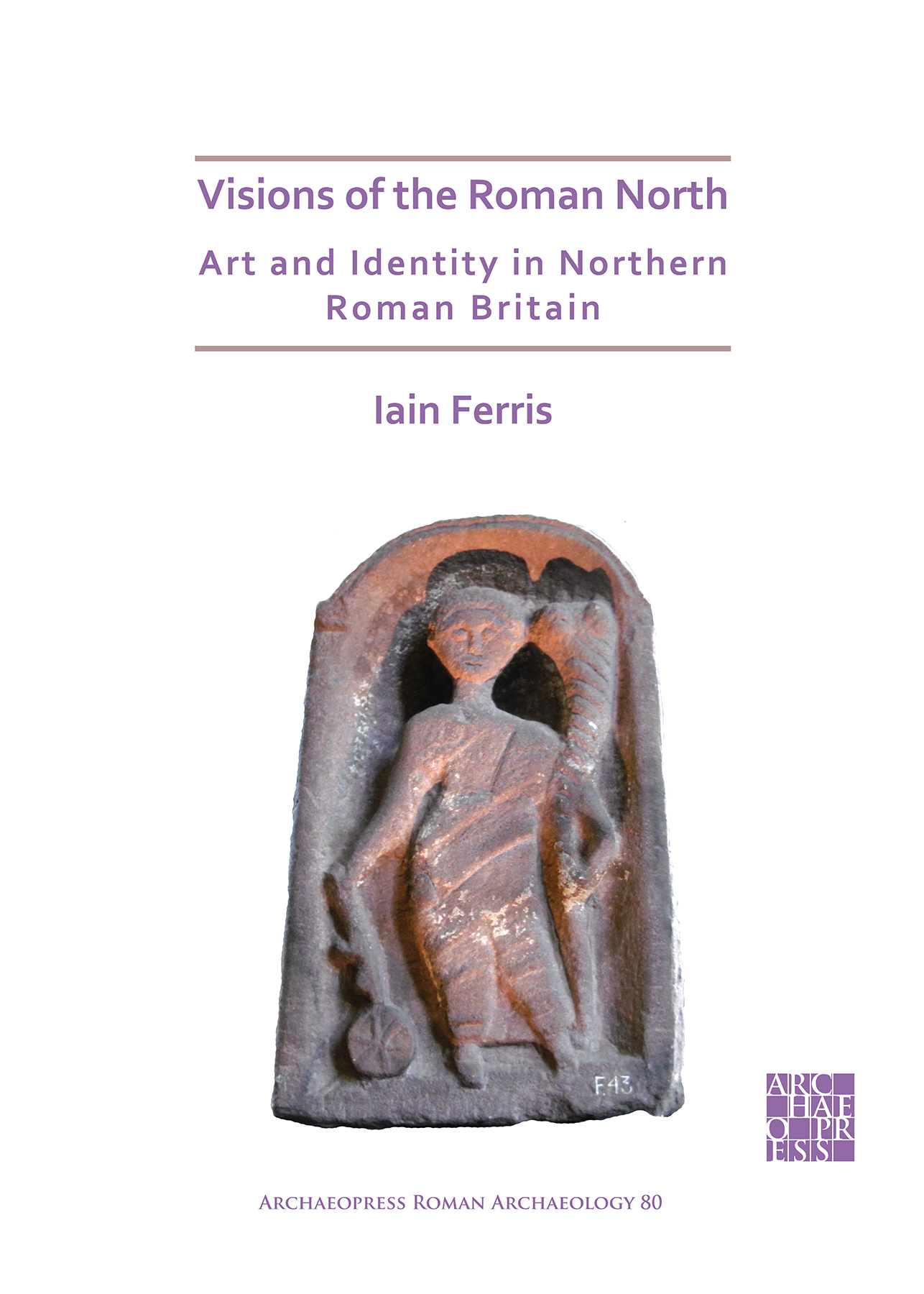
De luxuria propagata romana aetate. Roman luxury in its many forms
Edited by Lluís Pons Pujol, Lluís Pons Pujol, Jordi Pérez González
Paperback
£60.00
Includes PDF
PDF eBook
(personal use)
Free Download
PDF eBook
(institutional use)
Download
This book focuses on luxonomics, or the economy of luxury in Roman times, and how its study is an element that is essential to understanding the history of the period. Organised in chronological order, the evolution of the luxury economy is divided into areas of consumption, production, and criticism.
Contents
Prologue – Maria Eugenia Ortuño Pérez ;
Luxonomics, a proxy for Roman studies – Lluís Pons Pujol, Jordi Pérez González ;
Los oficios del lujo: el discurso de Megadoro en Plauto, Aulularia 3.5.50 – Alejandra Guzmán Almagro, Diana Gorostidi Pi ;
Lúculo y la luxuria. Una nota a Plut. Luc. 38, 5-42, 2 – Luis Amela Valverde ;
Quelques exemples du Luxe dans la ville maurétano-romaine en Tingitane – Sanaa Hassab ;
La morte ti fa bella. Urne a vaso di alabastro (calcareo) e il lusso funerario in tombe femminili della prima età imperiale – Simona Perna ;
I corinthiarii di Roma: una produzione metallica di lusso – Gian Luca Gregori, Letizia Rustico ;
Intrecci di lusso nella Roma imperiale: i professionisti dell’ars plumaria – Laura Parisini ;
A luxe for the ears. Roman earrings in Augusta Emerita (Mérida) and the province of Lusitania – Nova Barrero Martín ;
Pearls, beryls, and priestesses in the Latin West: pearls and gems as symbols of female power and devotion, as well as impiety and irreverence – Albert Sabaté Morales ;
Representaciones de luxuria privata en los mosaicos de opus tessellatum en época imperial – Luz Neira Jiménez ;
Mármol y discursos literarios contra el lujo: el caso de los revestimientos – Irene Mañas Romero ;
Space and consumption: luxury in Hadrian’s Villa – Rosario Rovira Guardiola ;
El jardín romano y el estatus social, una simbiosis indisoluble – Chiara Romano ;
El mobiliario doméstico en bronce de la casa romana. Lujo y practicidad – Rocío Manuela Cuadra Rubio ;
Presenze femminili tra gli operatori del lusso: le testimonianze epigrafiche – Alfredo Buonopane ;
«Cupiditas artificii, non argenti». L’arte dei caelatores in Roma tra epigrafia e letteratura – Giovanna Di Giacomo ;
Indumenta vetita. Sentido y alcance de las disposiciones restrictivas de la indumentaria suntuaria en la Roma imperial – F. Javier Casinos Mora ;
La crítica al lujo en la Historia Augusta – Juan Antonio Jiménez Sánchez ;
Riqueza y ostentación eclesiásticas en la Roma tardoantigua – Pere Maymó i Capdevila ;
¿Lujo o casos excepcionales? Longovicium (Lanchester, Durham) y sus tábulas ansatas de oro – David Martínez-Chico ;
Vinum Mulsum. La recuperación experimental del vino romano más exclusive – Antonio Aguilera Martín, Miquel Sunyer Sunyer, Josep Maria Vaquer Llop, Juana Gómez Sánchez
About the Author
Lluís Pons Pujol is Professor of Ancient History at the University of Barcelona. The main subject of his research focuses on the province of Mauritania Tingitana in a broad sense (economics, factual history, Roman administration, historiography). Another of his research lines is the study of the historiography of Roman Africa. Recently he has also dealt with Roman gardens and the concept of luxury in Rome. Reference publication: Pons Pujol, Ll. 2009. La economía de la Mauretania Tingitana (s. I-III d. C.): aceite, vino y salazones (Instrumenta 34). Barcelona: Publicacions de la Universitat de Barcelona. He has been a member of CEIPAC since 1993 and UBICS since 2017.Jordi Pérez González is a Juan de la Cierva-Formación postdoctoral researcher at the University of Girona. He received his doctorate from the University of Barcelona as well as the Extraordinary Doctorate Award (2017). He has carried out research stays at the universities of Rome La Sapienza (2017, 2022), Verona (2018), and Macerata (2019/20), financed by the European Commission and by the Ministerio de Universidades (‘José Castillejo’). His most recent research focuses on the consumption of luxuries among the Roman elite, the distribution of food and the epigraphy of its containers, in addition to methodological innovations in Humanities studies. Among his publications, of note is the book awarded with the Géza Alföldy 2021 prize Sumptuary Specialists and Consumer Elites in Rome’s world order (colección Instrumenta), The Romans before adversity (with J.M. Bermúdez -Aracne editrice), and the edition, together with J. Remesal, in this series – Access Archaeology, Arqueología y Téchne. Métodos formales, nuevos enfoques / Archaeology and Techne. Formal methods, new approaches, and together with Filipe N. Silva and J.M. Bermúdez from Historia Antigua en diálogo. Humanidades Digitales e innovaciones metodológicas.

 Add to wishlist
Add to wishlist